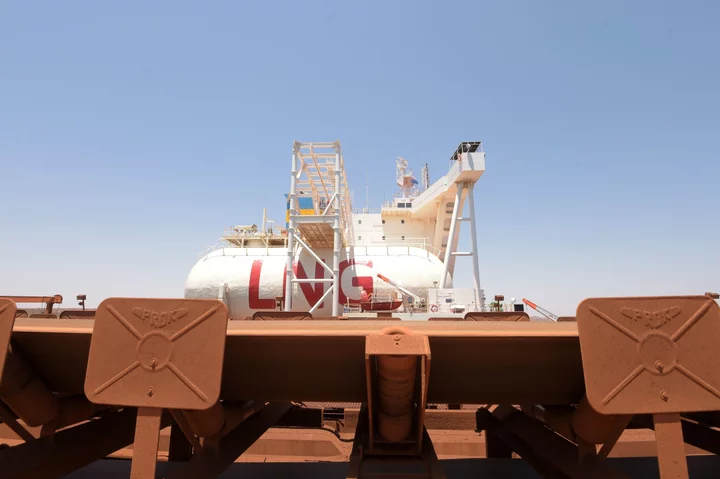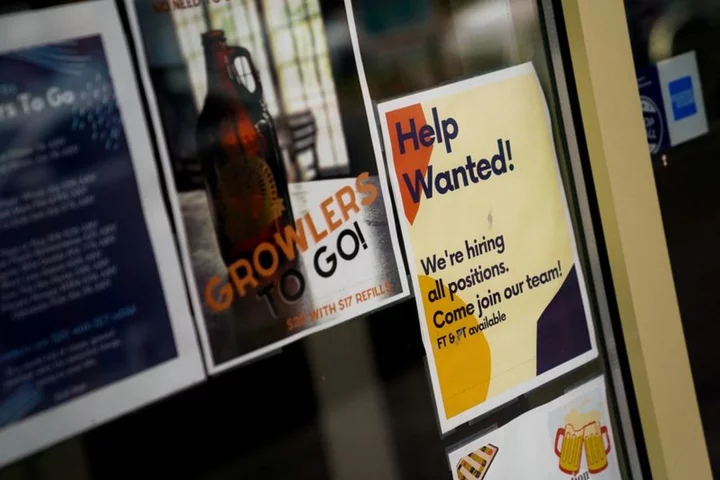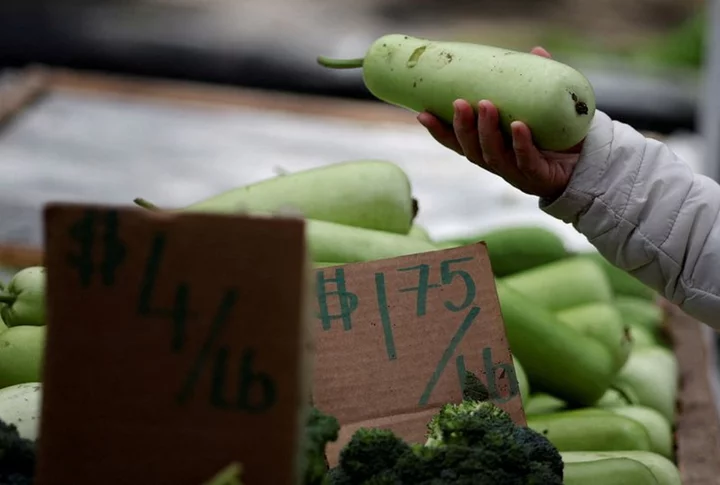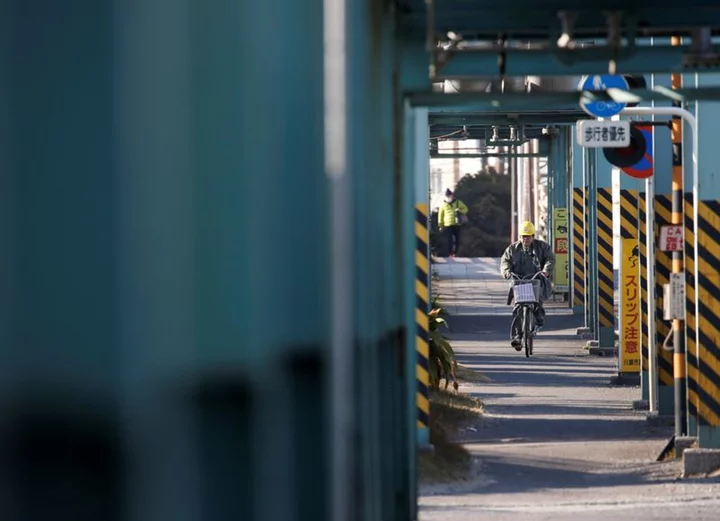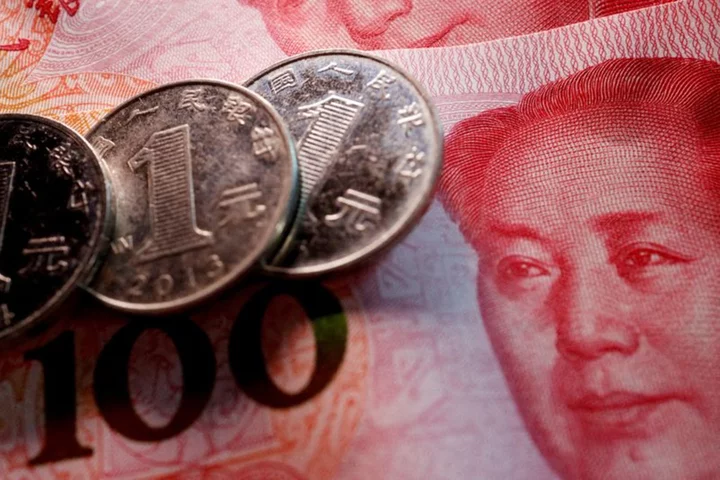Demand for oil and natural gas will stay resilient for decades, driven by population growth and industrialization in developing economies across Asia, according to Woodside Energy Group Ltd., a key supplier of fossil fuels to the region.
“Growth in demand for LNG in particular is expected to continue as buyers seek to secure supplies to support renewables in the power mix as they decarbonize,” Chief Executive Officer Meg O’Neill said Wednesday in a statement ahead of an investor briefing.
Perth-based Woodside is advancing a slate of expansion projects, and continues to target a first liquefied natural gas shipment from its Scarborough project off the coast of Western Australia in 2026.
Read More: A $12 Billion Deal in Australia Says Gas Has a Long Future
LNG consumers have been locking in a flurry of decades-long supply contracts amid intensifying global competition. Some European nations are relying more on seaborne gas after Russia cut most of its pipeline flows to the region, while the fuel is also seen as a less emissions-intensive alternative to coal.
The outlook for growth in LNG is challenged by the International Energy Agency, which said last month it forecasts demand to be lower than anticipated through the 2040s as adoption of renewables accelerates, putting the long-term profitability of some projects into doubt.
Global demand for oil will reach its peak this decade on rising popularity of electric cars and the cooling of China’s economy, the agency said.
Woodside’s Sangomar oil development in Senegal will supply oil from mid-2024 and offer crude that’s suited to European refineries, O’Neill said. Trion in the Gulf of Mexico is targeting output from 2028 at a cost of less than $50 a barrel.
The producer, which is targeting a 15% reduction in Scope 1 and Scope 2 emissions by 2025, is assessing options to reduce the cost of large-scale abatement at its facilities. “We must decarbonize in a cost-effective manner,” O’Neill told investors in a presentation.
Carbon capture projects in Australia with potential to store more than 3 million tons a year by 2030 are being studied and could sequester emissions for both Woodside and customers, she said.

